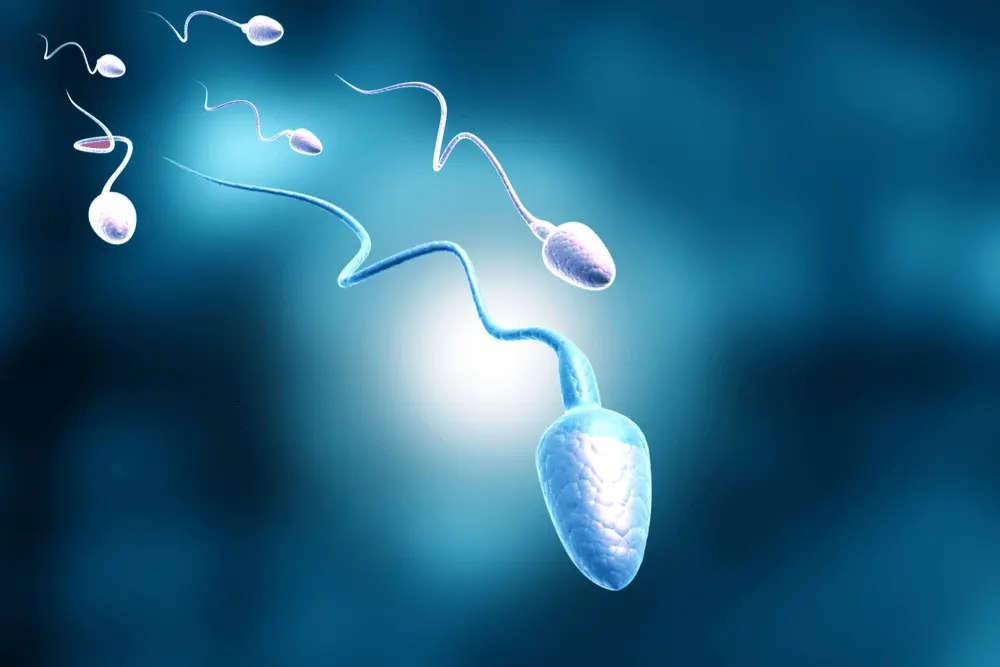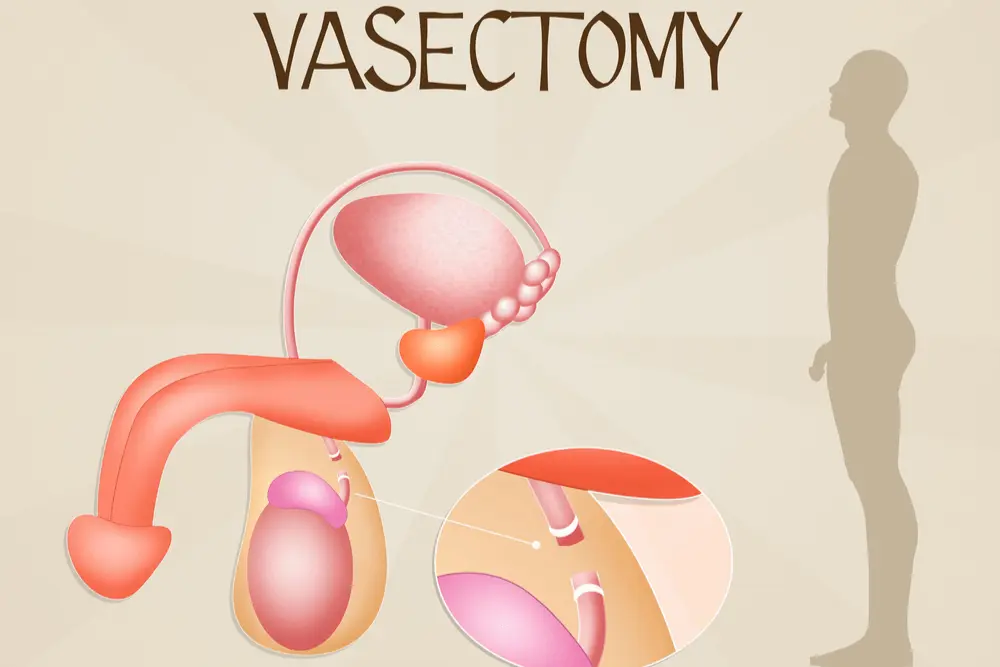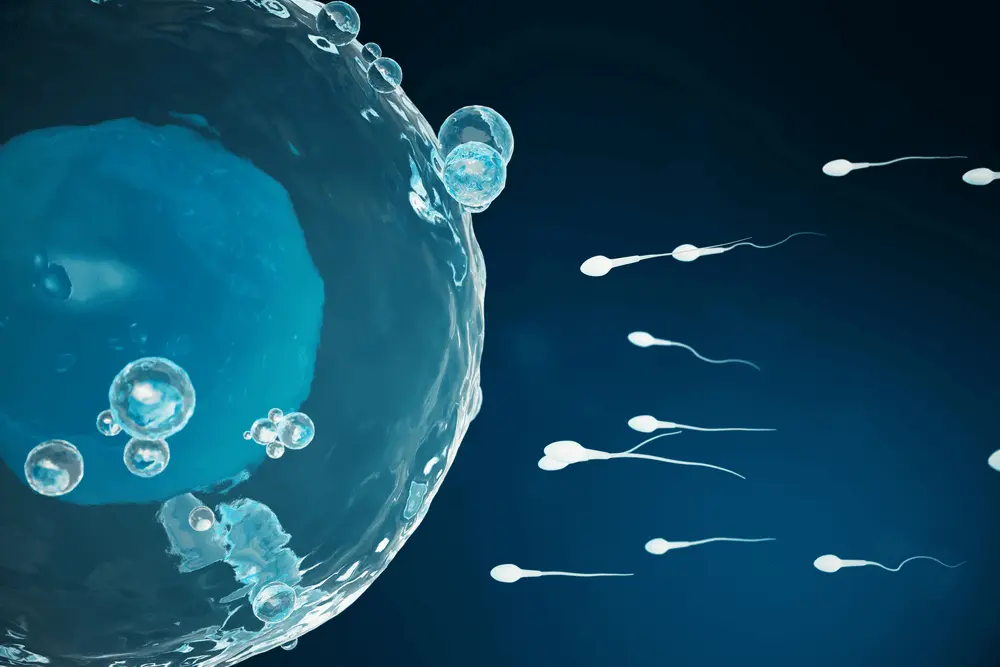Male infertility affects millions of couples worldwide, posing significant challenges to achieving pregnancy naturally. In cases where conventional methods fail to yield successful conception, assisted reproductive techniques offer hope by providing alternative pathways to parenthood. Central to many of these techniques is the process of male sperm retrieval, which plays a crucial role in overcoming fertility obstacles.
In this comprehensive guide, we will explore the various aspects of male sperm retrieval techniques, including the types of procedures available, the process and details of each method, factors influencing treatment selection, success rates and outcomes, pre-procedure preparation and aftercare, and the importance of seeking professional guidance and support throughout the fertility journey.
Types of Male Sperm Retrieval Techniques
Male sperm retrieval techniques encompass a variety of procedures designed to retrieve sperm directly from the male reproductive system. The choice of technique depends on factors such as the underlying cause of infertility, the quality and quantity of sperm needed, and the preferences of the individual or couple undergoing fertility treatment. Here are some common types of male sperm retrieval techniques:
Testicular Sperm Extraction (TESE)
TESE involves the surgical extraction of sperm directly from the testicles. This procedure is typically performed under local anesthesia, and a small tissue sample is obtained from the testicular tissue.
The extracted tissue is then examined under a microscope to identify and isolate viable sperm, which can be used for assisted reproductive techniques such as IVF or ICSI.

Microsurgical Epididymal Sperm Aspiration (MESA)
MESA is a microsurgical procedure used to retrieve sperm from the epididymis, a coiled tube located behind each testicle where sperm mature and are stored.
During MESA, a small incision is made in the scrotum, and the epididymis is carefully dissected under a high-powered microscope to locate and aspirate sperm-containing fluid.
The retrieved sperm can be used for IVF or ICSI procedures to facilitate fertilization.
Percutaneous Epididymal Sperm Aspiration (PESA)
PESA is a minimally invasive procedure used to retrieve sperm from the epididymis without the need for open surgery.
During PESA, a fine needle is inserted directly into the epididymis through the scrotum, and sperm-containing fluid is aspirated.
PESA is often performed under local anesthesia and can be a suitable option for individuals who cannot undergo more invasive surgical procedures.
Testicular Sperm Aspiration (TESA)
TESA involves the aspiration of sperm directly from the testicles using a needle or syringe.
TESA can be performed under local anesthesia in a clinic or office setting and is often used with IVF or ICSI procedures.

Microdissection Testicular Sperm Extraction (Micro-TESE)
Micro-TESE is a specialized surgical procedure used to identify and extract sperm from the testicles with precision.
During Micro-TESE, a high-powered microscope is used to locate and isolate areas of the testicular tissue with the highest sperm concentration.
This technique minimizes tissue damage and maximizes the chances of retrieving viable sperm for use in assisted reproduction.
Who Can Benefit from Sperm Retrieval Techniques?
Sperm retrieval techniques offer hope to individuals and couples facing male infertility challenges by providing access to viable sperm for use in assisted reproduction. While not everyone with male infertility may require sperm retrieval, certain factors may indicate the need for these procedures. Here’s who can benefit from sperm retrieval techniques:
Men with Azoospermia
Azoospermia is a condition characterized by the absence of sperm in the ejaculate. Men with azoospermia may have obstructive azoospermia, where sperm production is normal but blocked sperm delivery, or non-obstructive azoospermia, where sperm production is impaired.
Sperm retrieval techniques, such as TESE or Micro-TESE, can help retrieve sperm directly from the testicles for use in assisted reproduction.

Men with Oligozoospermia or Low Sperm Count
Oligozoospermia refers to a low sperm count in the ejaculate. Men with oligozoospermia may have difficulty achieving pregnancy through natural conception due to reduced sperm numbers.
Sperm retrieval techniques can help overcome the limitations of low sperm count by obtaining a higher concentration of sperm directly from the reproductive system for use in assisted reproduction.
Men with Ejaculatory Dysfunction
Ejaculatory dysfunction, such as retrograde ejaculation or anejaculation, can prevent sperm from being released during ejaculation.
Sperm retrieval techniques, such as PESA or TESA, can bypass ejaculatory dysfunction by obtaining sperm directly from the epididymis or testicles for use in assisted reproduction.

Men with Previous Vasectomy
Sperm retrieval techniques, such as PESA or TESE, can retrieve sperm directly from the epididymis or testicles, allowing for assisted reproduction after vasectomy reversal or sperm extraction.

Couples Undergoing Assisted Reproduction
Couples undergoing assisted reproduction, such as in vitro fertilization (IVF) or intracytoplasmic sperm injection (ICSI), may require sperm retrieval techniques to obtain sperm for fertilization.
These techniques can enhance the chances of successful fertilization and pregnancy in couples with male factor infertility or other fertility challenges.
If you or your partner are considering sperm retrieval procedures, we encourage you to seek guidance from a fertility specialist from Men’s Health Clinic Manitoba. Remember that you are not alone in your fertility journey. Contact us today to learn more.






